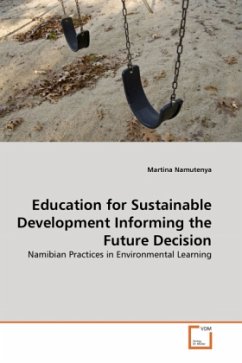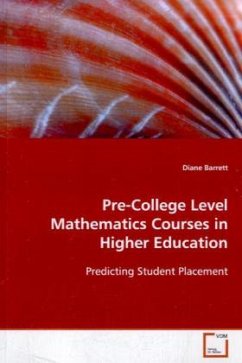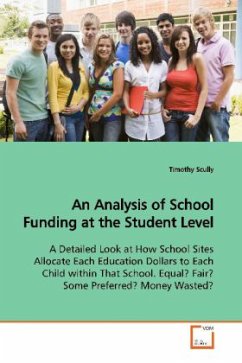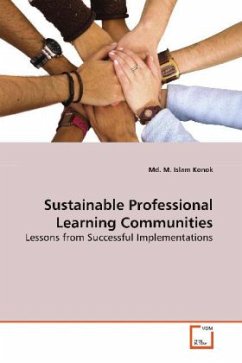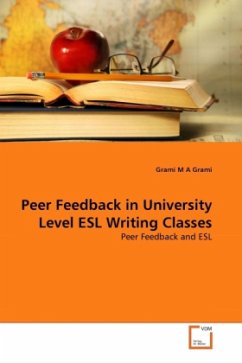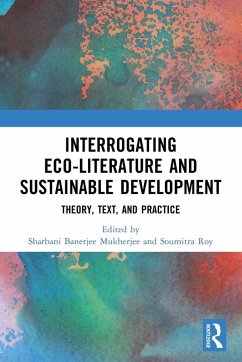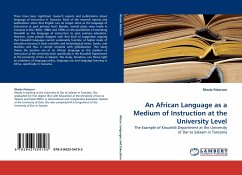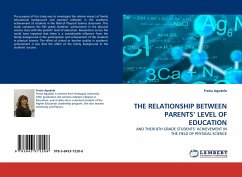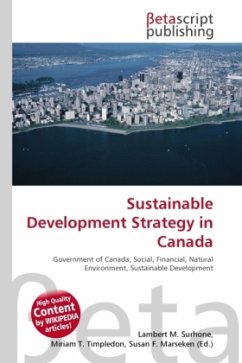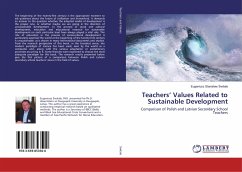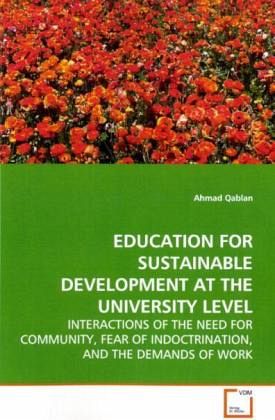
EDUCATION FOR SUSTAINABLE DEVELOPMENT AT THE UNIVERSITY LEVEL
INTERACTIONS OF THE NEED FOR COMMUNITY, FEAR OF INDOCTRINATION, AND THE DEMANDS OF WORK
Versandkostenfrei!
Versandfertig in 6-10 Tagen
45,99 €
inkl. MwSt.

PAYBACK Punkte
23 °P sammeln!
Promoting education for sustainable development (ESD) in schools and universities has captured the attention of global community. The process of promoting ESD programs in universities represents difficult and complex task. However, understanding the different elements that are involved in the activity of teaching for SD at the university level is needed to facilitate that promotion. Indeed, it is not well understood what personal and contextual elements are likely to support or inhibit university professors in their attempts to teach for SD. This study was designed to uncover these elements th...
Promoting education for sustainable development
(ESD) in schools and universities has captured the
attention of global community. The process of
promoting ESD programs in universities represents
difficult and complex task. However, understanding
the different elements that are involved in the
activity of teaching for SD at the university level
is needed to facilitate that promotion. Indeed, it
is not well understood what personal and contextual
elements are likely to support or inhibit university
professors in their attempts to teach for SD. This
study was designed to
uncover these elements that are involved in a
typical university classroom.
A series of interviews with professors and students
as well as classroom observations were used to
collect the data for this study. Data analysis
indicates that teaching for SD is complex and
multifaceted. Furthermore, there are different
contradictions and challenges that prevent
university professors from teaching for SD (i.e.
personal philosophies, perspectives, university
rules, classroom size, teacher s responsibilities,
and unclear understanding of the sustainability
concept itself).
(ESD) in schools and universities has captured the
attention of global community. The process of
promoting ESD programs in universities represents
difficult and complex task. However, understanding
the different elements that are involved in the
activity of teaching for SD at the university level
is needed to facilitate that promotion. Indeed, it
is not well understood what personal and contextual
elements are likely to support or inhibit university
professors in their attempts to teach for SD. This
study was designed to
uncover these elements that are involved in a
typical university classroom.
A series of interviews with professors and students
as well as classroom observations were used to
collect the data for this study. Data analysis
indicates that teaching for SD is complex and
multifaceted. Furthermore, there are different
contradictions and challenges that prevent
university professors from teaching for SD (i.e.
personal philosophies, perspectives, university
rules, classroom size, teacher s responsibilities,
and unclear understanding of the sustainability
concept itself).



